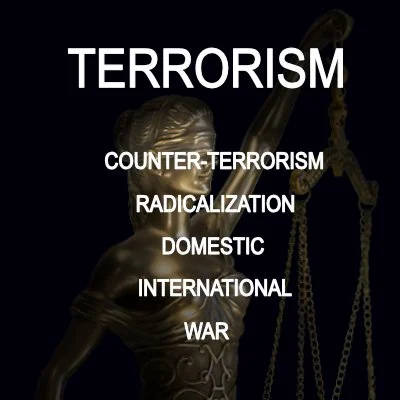By Raul Zepeda Gil
One of the main inquiry topics within crime and conflict studies is how inequalities or poverty fosters or deters participation in organized violence. Since the late 1990s, the increase in violence in Latin America has boosted the use of Global North criminology and conflict studies to explain this phenomenon. Although helpful, the question about the link between inequality and violence remains elusive. Instead, this research uses occupational mobility and life course approaches to analyze the latest Mexican inmate survey data. With this data, we can understand the factors behind youth recruitment into violent criminal organizations during the current drug war. The main findings point to youth transitions from school and low-skilled manual employment towards criminal violent activities as an option out of work precariousness. This research proposes researching transitions to organized violence as an occupational choice in market economies and post-conflict settlements as a possible causal mechanism that explains inequalities and violence.
Journal of Illicit Economies and Development, 6(1): pp. 1–15, 2024



